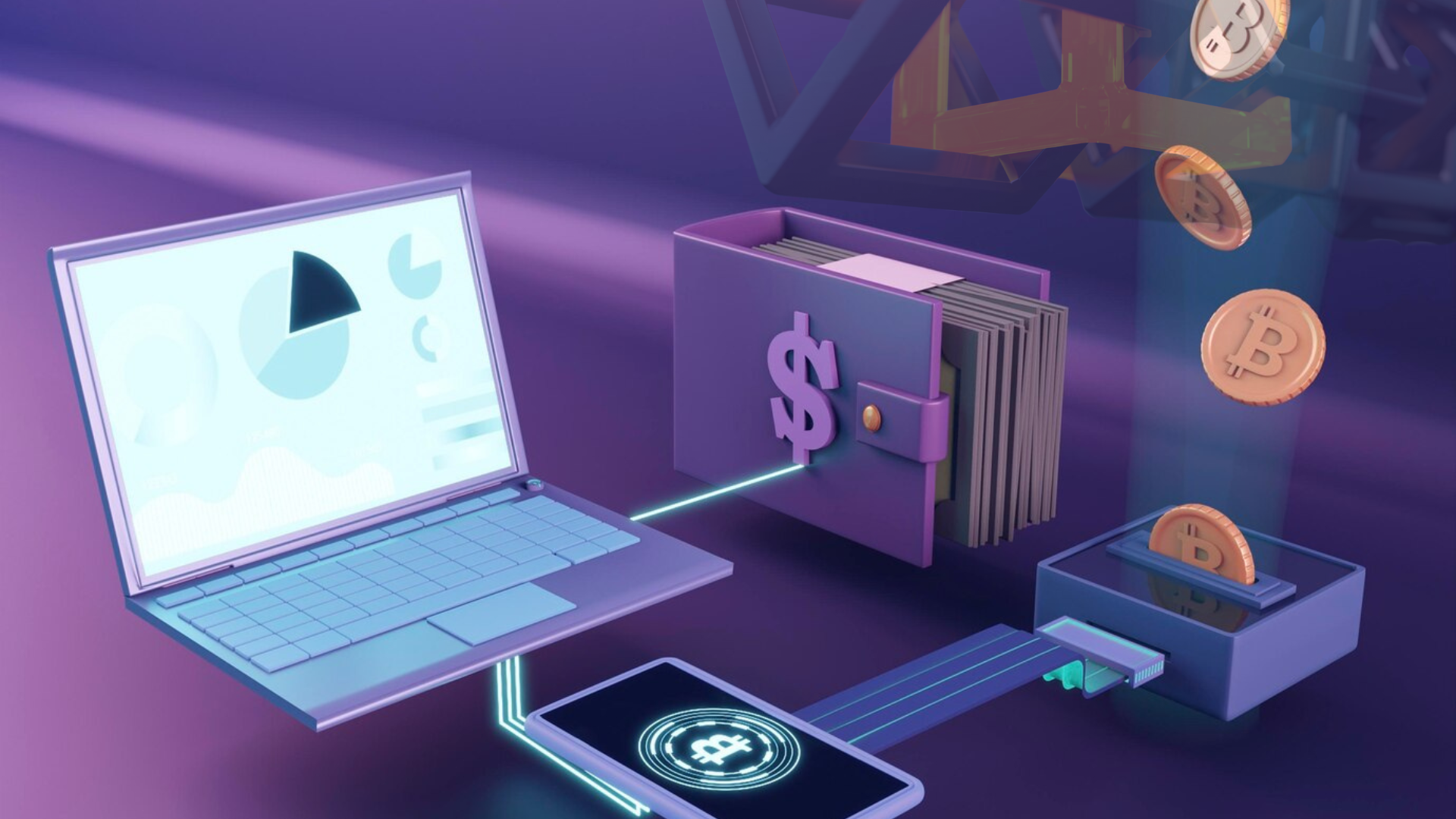
Bybit has requested a refund from ParaSwap DAO for swap fees paid by a hacker, igniting a governance debate over ethical and legal responsibilities in the decentralized finance (DeFi) space. The exchange is seeking the return of 44.67 ETH (approximately $90,000) in swap fees that were linked to the $1.46 billion hack it suffered, raising concerns about the precedent such a move could establish.
Ethical Dilemma for ParaSwap DAO
In a March 4 post on X, DeFi analyst and ParaSwap DAO delegate Ignas revealed that Bybit had formally requested the refund. The case has sparked a divide among DeFi stakeholders, with some advocating for a refund to avoid legal complications and others arguing that smart contract transactions are final and should not be reversed.
“Code is law. The DAO earned the fees legitimately via smart contracts. And if funds are returned now, what about future cases? Sets a dangerous precedent,” Ignas stated.
While Bybit’s request may be seen as a way to recover losses from the attack, some argue that honoring the request could weaken the DeFi ecosystem’s fundamental principle of immutable transactions. Others suggest that making an exception for Bybit could lead to legal challenges down the line, particularly for other DAOs like Thorswap, which could face similar claims in the future.
The Case for Returning the Funds
Bybit, one of the largest crypto exchanges, may see the refund as a way to mitigate some of its financial losses from the hack. Some industry members believe returning the funds could also foster goodwill between centralized and decentralized financial entities, reducing potential regulatory scrutiny.
Ignas proposed a compromise: returning most of the funds minus a 10% bounty for Bybit. This middle-ground approach could allow ParaSwap DAO to acknowledge Bybit’s losses without completely overturning the DeFi principles of finality and self-custody.
The Bigger Picture
The request comes amid ongoing fallout from Bybit’s massive security breach, which resulted in over $1.4 billion stolen, allegedly by North Korea’s Lazarus Group. Bybit CEO Ben Zhou revealed that nearly 20% of the stolen funds are now untraceable, making the refund request all the more significant for the exchange.
As ParaSwap DAO deliberates on its decision, the outcome could influence future DeFi governance models and whether decentralized protocols should intervene in cases of hacks or stolen funds. The debate highlights the broader tension between decentralized autonomy and centralized accountability, a topic that continues to evolve as the crypto industry matures.


























































































































































































































































































































































































































































































































































































































































































































































































































































































































































































































































































































